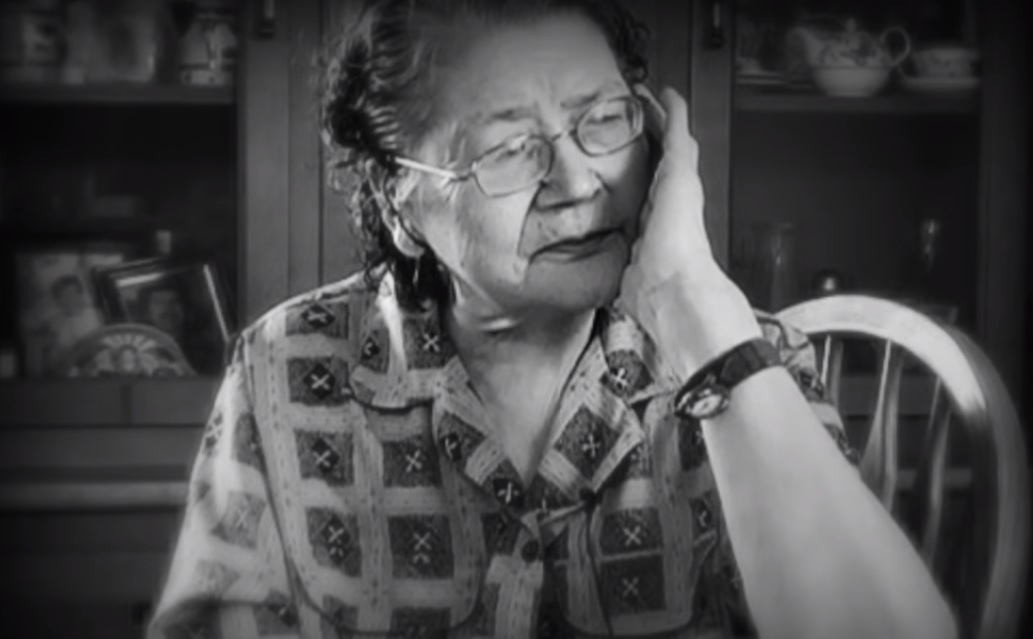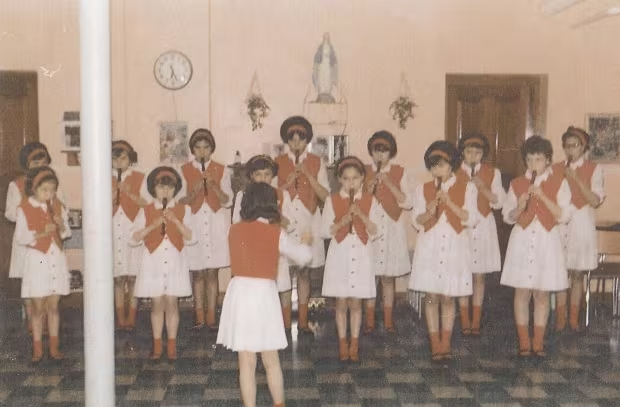The Power of Words
ENG4U Assignment 2.3, 2024-10-30

Pictured: Rita Joe
I recently read the poem I Lost My Talk by Rita Joe for a school assignment. Up until now I hadn’t heard of Joe, but I’ve been glad to learn about her. Although she was never the national poet laureate of Canada, “she was known as the poet laureate of Mi’kmaq nation” according to The Globe and Mail.
There is a certain cruel irony in this title though. It is most commonly associated with aristocracy, in particular the British royalty, which has had an appointed poet laureate since the 1600s. Rita Joe devoted much of her life and writing to the positive portrayal of the Indigenous peoples of the Americas, a group that has been oppressed extensively by the British royalty and its offshoots. Nevertheless, the title is an honor well deserved by Joe, who had been a vocal critic of this oppression throughout her life and work.
Today though, I want to look specifically at I Lost My Talk. What I think it means, how it works poetically and how it’s relevant today.
What’s in a name?
Well, the name is the first line of the poem. In the first stanza, Joe sets up what this poem will be about. The "loss" of her talk took place at the “Shubenacadie school”, a school that was part of the repressive residential school system. These schools regularly abused students, who were not allowed to speak their native languages and were given numbers instead of names.

Pictured: A class at Shubenacadie Residential School
— CBC
Language is only the most obvious and literal interpretation of ‘talk’, though. The poem makes this clear in the last stanza, with the lines
So I can teach you about me"
I think that Joe is making it clear here that ‘talk’ means more than spoken word, it means a way of life that her abusers (nuns and other educators at the Shubenacadie school) have stolen from her. What this says to me about the poem is that it is a remarkably compassionate response to that experience, an outstretched hand asking for reconciliation.
What Rita Joe is really asking for with her gently offered hand, is a reprieve from the continued echoes of her upbringing in our world. Even though the school is closed now, its teachings are still affecting her. She remembers those lessons all too well, the language she was forced to speak is how she writes about that very experience.
I think like you
I create like you"
Those teachings are also present in our world today, after her passing, and her memories with her. To this day Indigenous peoples across Canada are dealing with the effects of this “cultural genocide”. So it is we who need to take that hand now, and learn about the people this land was taken from.
The many meanings of ‘talk’, though, are just one device employed by Joe. The most interesting to me personally was her use of ‘way’. I still don’t think I’ve wrapped my head around it.
Both ways I say,
Your way is more powerful"
“Two ways I talk” - I believe this is a reference to the two languages (Mi’kmaq and English) Joe spoke, “Both ways I say” - so in both tongues, she says or implies through her speaking that “Your way is more powerful” - now I’m lost.
My best guess here, and I think a decent way of looking at this stanza: Joe is saying that through how her language has been shaped by the school’s ‘snatching’, her saying anything necessarily implies that the way she was taught is more powerful. She can’t escape this paradox, where no matter how she speaks she’s running from this way of thinking. When she speaks English, it is giving a small portion of herself, and when she speaks Mi’kmaq, this fact still haunts her.
Powerful then, is not a compliment. This is not the compassion I was speaking of before. Here, powerful means all-pervasive, inescapable. The residential schools are gone, but so are the ways of thinking she was born into. The cultures that once flourished are nearly gone. The way of life she was taught at the Shubenacadie school is now the norm across Canada, and is quickly becoming that way for Indigenous people as they integrate into colonial society.
My most off-the-wall theory about how this poem communicates ideas though, is that the structure of the stanzas works towards Joe’s compassionate message. When reading this poem, I feel as though Joe is weary, lying down, and giving in. My best guess as to why is the shortening of stanzas as the poem goes on. It creates, in me at least, a feeling of slowing down, a putting to bed of whatever remedial anger she might have, and an acceptance that she must find a new way to carry on.
If I haven’t made myself clear by now, I think this poem is relevant right now and will continue to be for quite some time. Joe was ready to reconcile, but our society has not truly reconciled with what must be done to do justice to her memory. A cultural genocide doesn’t disappear within a generation, and so we must take that gentle hand, and find a way to talk that can work to resolve this injustice.